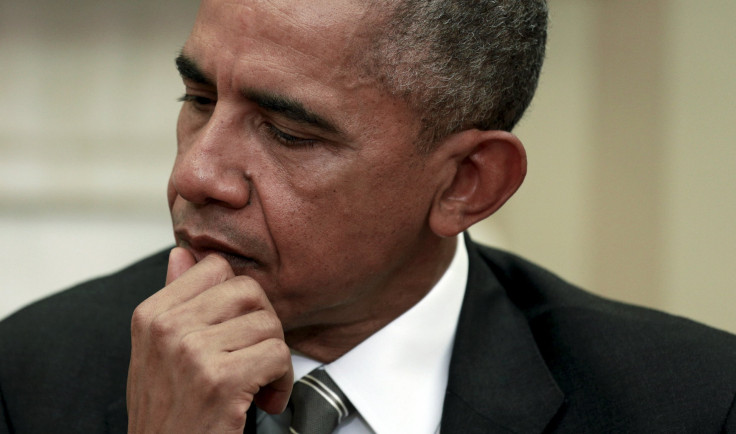US Now Ranks Third For Financial Secrecy And Tax Havens After Switzerland And Hong Kong

The U.S. has overtaken Singapore and the Cayman Islands in its ranking for financial secrecy, a new report by the Tax Justice Network in London has found. The government’s refusal to participate in a global information exchange system for bank data was largely responsible for its jump to third place – just behind Switzerland and Hong Kong – in the network’s financial secrecy index, which is released every two years.
The Organization for Economic Co-operation and Development has been rolling out a system of automatic information exchange for countries to share data to tackle tax evasion, which the Tax Justice Network has described as the “only credible way” to share such information. The report criticized the U.S., however, for using its own system of data collection that takes information from banks around the world, but shares little.
“Though the U.S. has been a pioneer in defending itself from foreign secrecy jurisdictions … it provides little information in return to other countries, making it a formidable, harmful and irresponsible secrecy jurisdiction at both the federal and state levels,” the report said. “Washington’s independent-minded approach risks tearing a giant hole in international efforts to crack down on tax evasion, money laundering and financial crime.”
The report also found that the sheer size of the U.S.’s offshore sector is one of the factors that makes it such a big cause for concern. The Obama administration has long expressed determination for taking on the offshore industry, even making it a campaign issue in his first bid for president, the Guardian reported. But despite the government's intentions, states such as Oregon, Delaware, Nevada and Wyoming have attracted criticism in recent years for hosting shell companies that allow overseas corporations to hide assets, the Portland Business Journal reported.
“The United States’ hypocritical stance of seeking to protect itself against foreign tax havens while preserving itself as a tax haven for residents of other countries needs to be countered,” the report said.
© Copyright IBTimes 2025. All rights reserved.





















